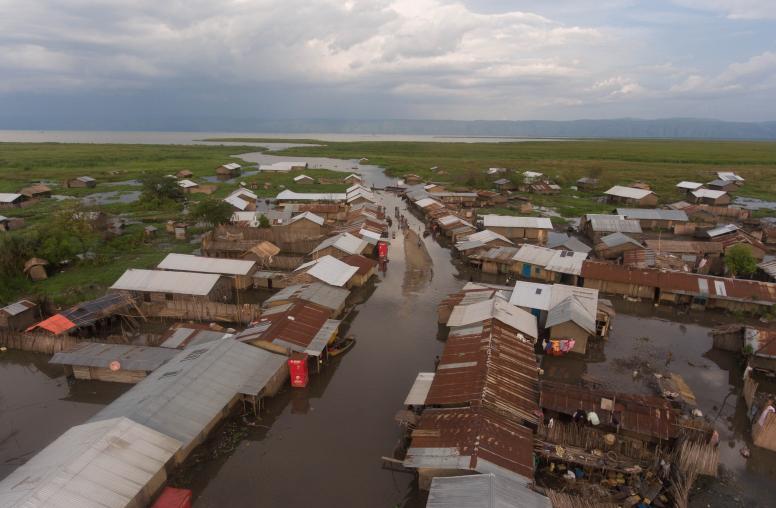If the youth are the seeds of our future, then education is the light which helps them grow – and in this case, the United States Institute of Peace's (USIP) grantees are the greenhouse, ensuring that the roots of peace begin to develop early and deeply in the communities that need it the most. Right now, USIP's grant program is supporting youth peace education in Uganda, Sudan and Somalia.
A USIP grantee in Somalia is introducing the first widely available peace education program in the country's history. This civil society organization is bringing together education experts and specialists from Somalia, Somaliland and Puntland to revise the social studies curriculum for elementary, middle and high school students. These experts are combing through textbooks, classroom materials and lesson plans to remove cultural and ethnic bias. The project staff gathered for a two-day training workshop in Mogadishu last January and began to develop this peace curriculum – a process that is still continuing. Once completed, these education experts will infuse the themes of tolerance, diversity and mutual respect into the existing school curriculum. The result will be two education manuals – one for elementary school and one for middle school - to be piloted in a random control test of a handful of Somali schools. The project staff has already identified the teachers and schools, and will provide them with professional development training to ensure the materials are well understood by the educators and administration.
Education goes beyond primary and secondary school. In Sudan, the Life and Peace Institute (LPI) is using a USIP grant to bring peace education to the university level. The project is working closely with Babiker Badri Scientific Association for Women's Studies (BBSAWS), a Sudanese civil society organization, and has secured official approval from the state and federal governments. LPI and BBSAWS already engaged 30 university students at the University of Khartoum and the Ahfad University for Women in a training that provided an introduction on the different techniques and processes of Sustained Dialogue. LPI also conducted a survey of over 600 students at the University of Khartoum, identifying priority issues and potential moderators for future discussions. The students are using these techniques to promote a culture of dialogue amongst their peers, and the project hopes these students will help spread the culture of dialogue beyond the campus.
In Uganda, a USIP grantee is helping youth take knowledge out of the classroom and use it to shape the world around them. Grantee organization MediaAction used its USIP grant to hold three Participatory Peace Film Festivals in the West Nile region. These festivals identified at-risk youth and asked them to submit creative films about conflict resolution and intergenerational peace dialogue. The project worked closely with the local regional governments and community based local partners. After the three smaller festivals, MediaAction and its partners will hold a regional film festival to screen the locally produced peace-oriented films. One young woman in particular stood out among the participants: Gospine Gertrude started her own youth technology business after the project ended, and MediaAction continues to screen her film.
The youth filmmakers, audiences at the festivals and an external evaluator all praise the festivals' success – but the greatest success story is the level of interest and impact the project achieved in Uganda and abroad. MediaAction distributed over 400 DVDs throughout Uganda and has screened the films at venues as far removed from Uganda as the Anchorage Museum in Alaska.



